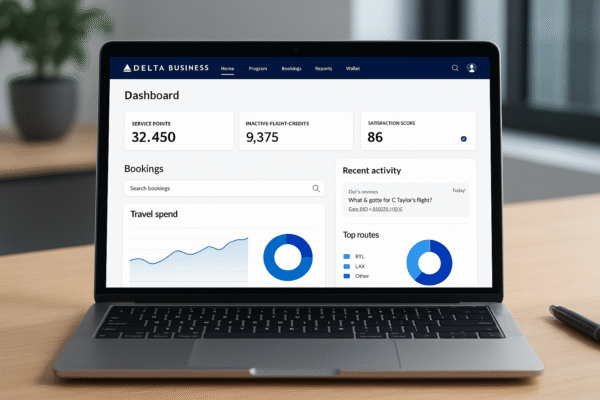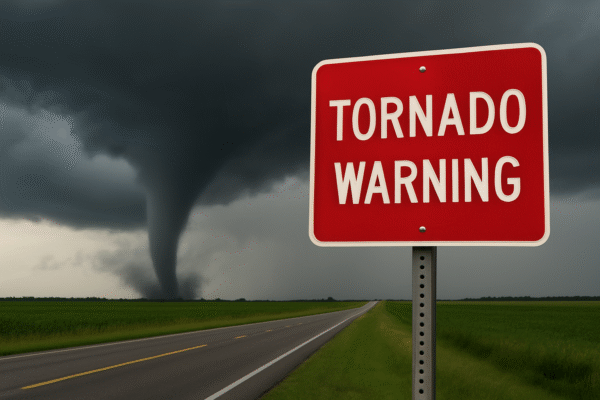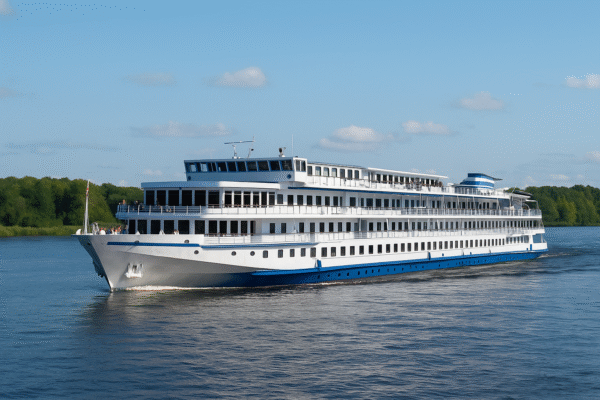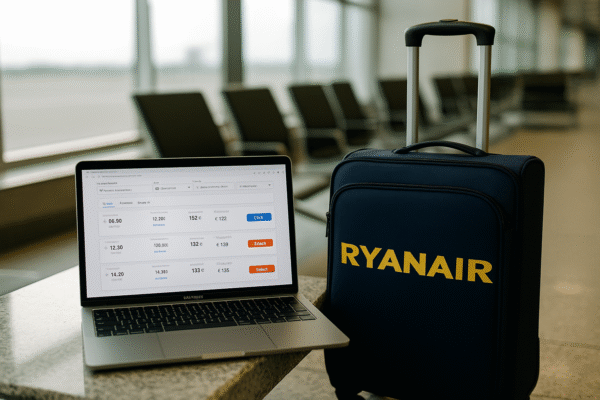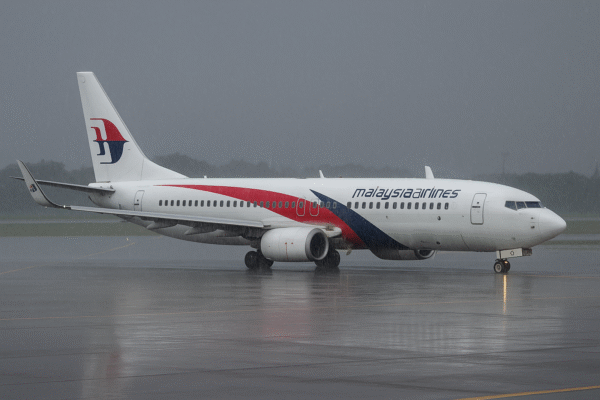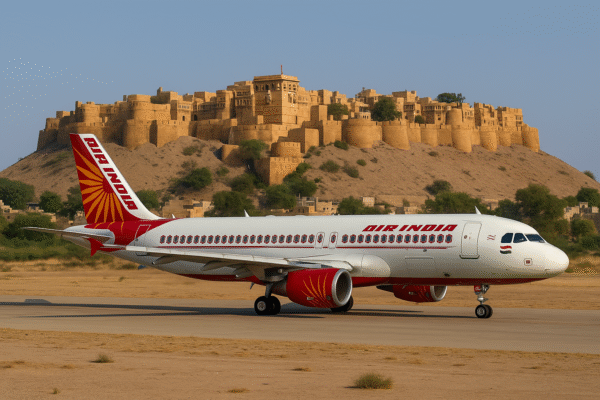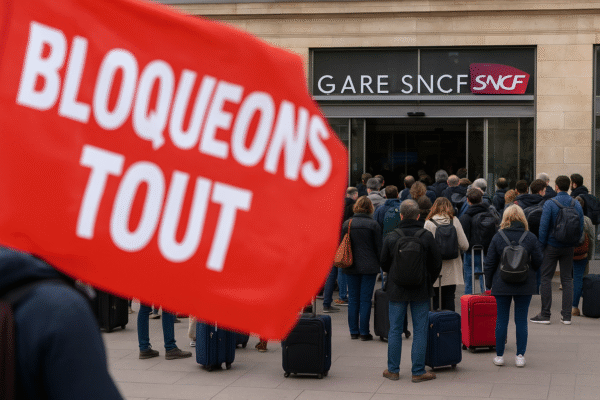UK travelers heading to France and other parts of Europe on September 10 are facing a wave of severe disruptions as France braces for a massive nationwide strike. The industrial action, organized by multiple unions in protest against government austerity measures, is set to cause widespread blockages across the country’s transport systems. With France acting as a crucial hub for European travel, the strike is expected to impact thousands of UK tourists traveling by train, air, road, and sea.
What to Expect on September 10
The strike, which begins in the early hours of September 10 and is expected to continue through September 11, will affect nearly every form of transport in France. Unions have called for “bloqueons tout” (translated as “let’s block everything”), aiming to create maximum disruption to pressure the French government.
- Rail services: The French national rail operator SNCF is expected to cancel a large number of trains due to walkouts by the Sud-Rail union and others. This will particularly affect regional and long-distance routes. While Eurostar has confirmed that trains from London to Paris and Lille will continue to run, delays and interruptions to connecting services in France are highly likely.
- Roads and highways: Previous strikes in France have seen major motorways blocked by protesters. Travelers planning to drive should prepare for possible delays on key routes, particularly near ports and border crossings.
- Ferry ports: Services between the UK and France may also face delays if access routes to ports such as Calais are obstructed. Ferry companies are advising passengers to check updates regularly before departure.
- Air travel: French airspace will not be spared. Flights flying into, out of, or even over France are at risk of delays and cancellations. Airlines across Europe, including those operating from UK airports, have warned passengers to expect disruption.
Impact Beyond France
Because France is a central transit point for European travel, the strike’s effects will spread well beyond its borders. UK tourists connecting through France to reach Spain, Italy, Germany, or other destinations may face missed connections or canceled services. Aviation experts have warned that delays in French airspace could have a “domino effect,” causing widespread flight disruption across the continent.
This is not the first time travelers have been caught up in French industrial action. Earlier this summer, strikes by air traffic controllers left over 30,000 passengers stranded or delayed across Europe. With September’s strike expected to be even larger, the scale of disruption could rival or exceed July’s chaos.
Advice for UK Travelers
Officials and travel operators are urging passengers to prepare well in advance and remain flexible. Key advice includes:
- Check travel updates frequently: Whether traveling by train, plane, ferry, or car, travelers should monitor live updates from their carriers and official government travel alerts.
- Allow extra time: Delays at departure points are expected. Passengers should arrive earlier than usual at train stations, airports, or ferry terminals.
- Consider alternatives: Where possible, travelers may want to reschedule journeys or explore alternative routes that avoid French transit points.
- Prepare for extended delays: Pack essentials, including food, water, and chargers, in case of long waits at stations or airports.
Why the Strike is Happening
The September 10 strike stems from ongoing tensions between the French government and trade unions over austerity policies. The government has defended its cost-cutting measures, including cuts to public services and the cancellation of national holidays, as necessary for fiscal stability. Unions, however, argue that such measures unfairly burden workers and communities, prompting a series of protests and strikes throughout 2025.
This latest strike is expected to be one of the largest in recent months, with unions aiming to demonstrate widespread opposition to austerity. For UK tourists, however, the political dispute translates into practical problems—long waits, missed connections, and last-minute cancellations.
Government Response and Traveler Support
French authorities have acknowledged that the strike will cause “significant inconvenience” but maintain that public safety and essential services will be prioritized. The UK Foreign Office has also issued travel guidance, encouraging British citizens to remain patient, plan ahead, and keep informed of the latest developments.
Transport operators are setting up customer service teams to assist with rebookings and refunds, though travelers are being warned that call lines and online systems may experience heavy demand during the strike.
A Wider European Challenge
This strike also underscores the fragile nature of Europe’s interconnected transport network. When a major hub like France faces disruptions, the ripple effects can spread across borders, affecting millions of travelers. For UK tourists, the strike is a stark reminder of how dependent European travel remains on smooth passage through France.
Final Word for Tourists
As France prepares for a national strike on September 10, UK tourists should brace for one of the most challenging travel days of the year. From flight delays and train cancellations to road blockages and port closures, the disruption will be widespread. While Eurostar promises to keep services running, connecting journeys are at risk.
For travelers planning European holidays or business trips, the best defense will be preparation, patience, and flexibility. With transport systems stretched to breaking point, UK tourists should expect delays and plan ahead to minimize stress.
For more travel news like this, keep reading Global Travel Wire


